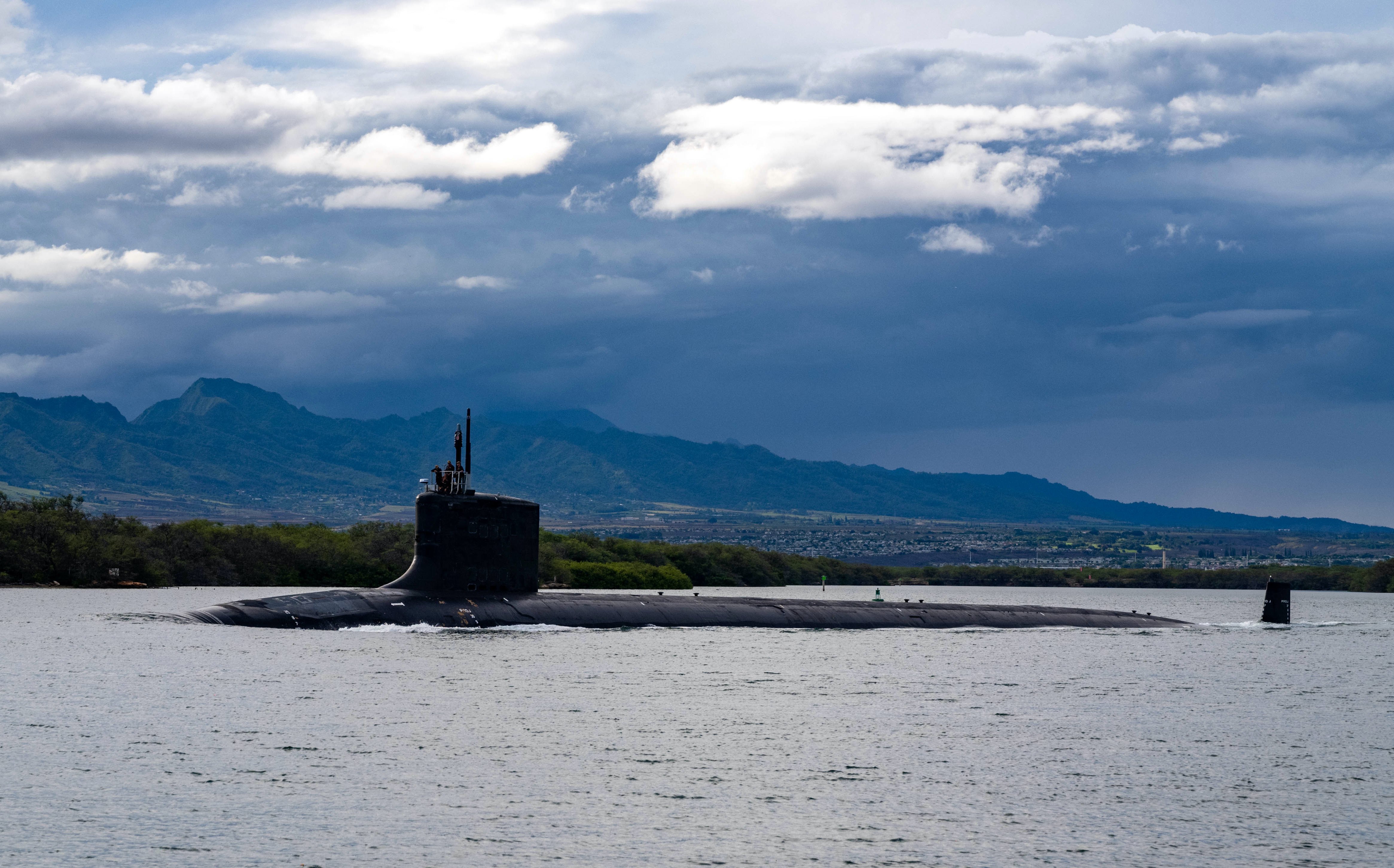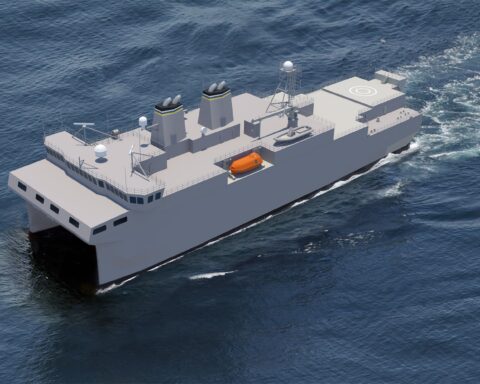The following is the May 21, 2018 Congressional Research Service Report, Navy Irregular Warfare and Counterterrorism Operations: Background and Issues for Congress.
From the Report:
In the years following the terrorist attacks of September 11, 2001, the Navy has carried out a variety of irregular warfare (IW) and counterterrorism (CT) activities. Among the most readily visible of these were operations carried out by Navy sailors serving ashore in the Middle East and Afghanistan, and the May 1-2, 2011, U.S. military operation in Abbottabad, Pakistan, that killed Osama bin Laden.
During these years, the Navy took certain actions intended to improve its IW capabilities. For example, the Navy established the Navy Expeditionary Combat Command (NECC) informally in October 2005 and formally in January 2006. NECC consolidated and facilitated the expansion of a number of Navy organizations that have a role in IW operations. The Navy also established the Navy Irregular Warfare Office in July 2008, published a vision statement for irregular warfare in January 2010, and established “a community of interest” (COI) to develop and advance ideas, collaboration, and advocacy related to IW in December 2010.
The Navy during these years also reestablished its riverine force and initiated The Global Maritime Partnership, which was a U.S. Navy initiative to achieve an enhanced degree of cooperation between the U.S. Navy and foreign navies, coast guards, and maritime police forces, for the purpose of ensuring global maritime security against common threats. In addition, the Navy operated the Southern Partnership Station (SPS) and the Africa Partnership Station (APS), which were Navy ships, such as amphibious ships or high-speed sealift ships, that deployed to the Caribbean and to waters off Africa, respectively, to support U.S. Navy engagement with countries in those regions, particularly for purposes of building security partnerships with those countries and for increasing the capabilities of those countries for performing maritime-security operations. The Navy’s current IW and CT activities pose a number of potential oversight issues for Congress, including how much emphasis to place on IW and CT activities in Navy budgets, particularly in a context of constraints on Navy budgets and Navy desires to devote resources to developing “high end” combat capabilities for countering improved conventional military capabilities of countries such as China and Russia.
via Federation of American Scientists (fas.org)





